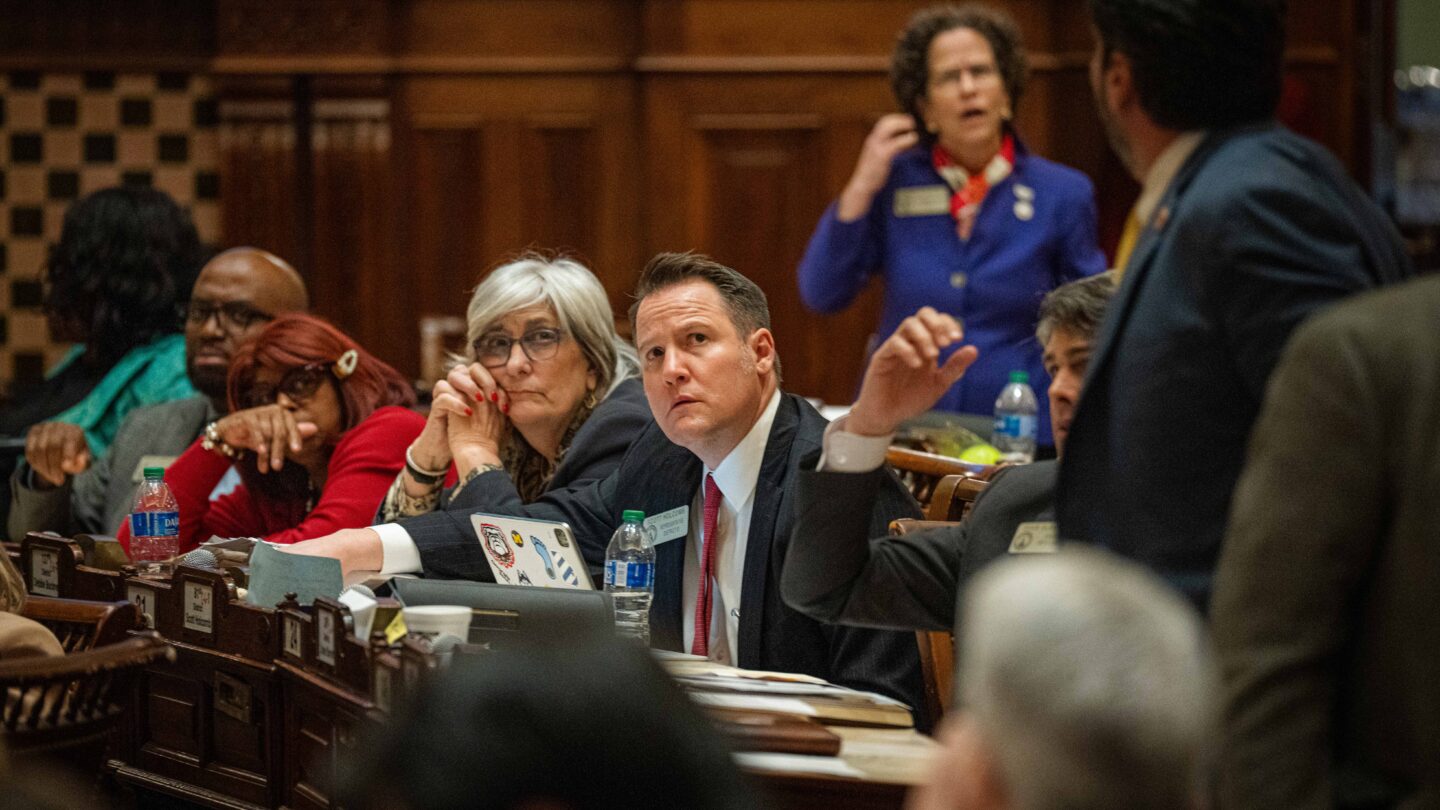Cybersecdn- The state of Georgia finds itself at the epicenter of yet another heated debate over election laws, with the focus squarely on the contentious issue of voter challenges. Stemming from a tumultuous period that began with the closely contested 2018 gubernatorial race between Democrat Stacey Abrams and Republican Brian Kemp, Georgia’s electoral landscape continues to be a battleground for competing visions of democracy.
In 2021, Georgia drew national attention when Republicans, responding to pressure from GOP activists echoing former President Donald Trump’s baseless claims of widespread election fraud in the 2020 presidential race, pushed through a far-reaching law imposing stringent restrictions on voting. This legislation, perceived by critics as a thinly veiled attempt to suppress voter turnout, reignited a fierce debate over the principles of fairness and accessibility in the electoral process.
With the prospect of a high-stakes rematch between Trump and President Joe Biden looming in the upcoming presidential election, Georgia lawmakers have once again taken up the mantle of electoral reform. The latest battleground? Voter challenges.
The proposed legislation, which awaits Governor Brian Kemp’s final approval, seeks to empower individuals to challenge the eligibility of voters and potentially remove them from voter rolls. While proponents argue that such measures are necessary to safeguard against fraud and ensure the integrity of the electoral process, opponents warn of the potential for abuse and the disenfranchisement of legitimate voters.

The use of impersonal data sources, such as the National Change of Address list maintained by the U.S. Postal Service, has become increasingly prevalent in voter challenges, raising concerns about accuracy and fairness. Groups like True the Vote have spearheaded efforts to challenge hundreds of thousands of voter registrations, drawing scrutiny from advocates of voting rights.
Against this backdrop of mounting tensions, questions persist about the efficacy and equity of voter challenge procedures. Critics argue that these measures disproportionately target marginalized communities and undermine confidence in the democratic process. Meanwhile, proponents contend that robust safeguards are essential to preserving the integrity of elections and combating potential instances of fraud.
Read More: 2024 Election Will Determine Ohio’s Supreme Court Future Amid Important Challenges!
Big Elections in Ohio Might Help Republicans Get More Power in Washington!
Special Report: Trump Believes People Won’t Be Very Surprised by Upcoming Abortion Statement!
As Georgia once again finds itself at the forefront of national debates over voting rights, the outcome of this latest legislative battle will reverberate far beyond its borders. With the eyes of the nation upon it, Georgia stands at a crossroads, grappling with fundamental questions about the nature of democracy and the rights of its citizens to participate fully in the electoral process.


